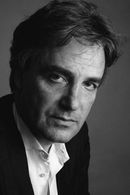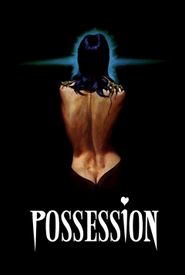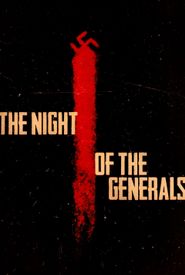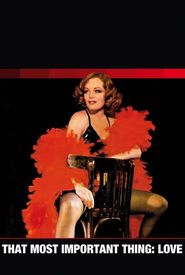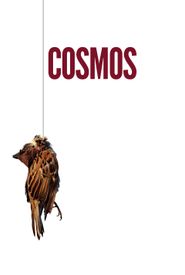Born in the culturally rich city of Lviv, Ukraine, a place that would later shape his artistic identity. He was just a young boy when he made the significant move with his father, Miroslaw Zulawski, to Czechoslovakia, and subsequently, Poland. This early exposure to different cultures would undoubtedly influence his future endeavors.
As he grew older, his passion for cinema only intensified, leading him to study the art form in France in the late 1950s. This marked the beginning of a long and illustrious career in the film industry.
The 1960s were a pivotal time for Zulawski, as he had the opportunity to work as an assistant to the renowned Polish film director, Andrzej Wajda. This experience would undoubtedly have a lasting impact on his own directing style.
In the early 1970s, Zulawski made his feature debut with The Third Part of the Night, an adaptation of his father's novel. This marked the beginning of a successful career in filmmaking.
However, his second feature, The Devil, was met with controversy and was prohibited in Poland. This led Zulawski to move to France, where he would go on to make his French debut, That Most Important Thing: Love, in 1975.
The success of this film allowed Zulawski to return to Poland, where he spent two years working on his ambitious project, On the Silver Globe. Unfortunately, the authorities brutally interrupted the production of this film, forcing Zulawski to move back to France.
In France, Zulawski continued to make a name for himself with his highly artistic, controversial, and violent films. He was known for his ability to discover and "rediscover" talented actresses, including Romy Schneider, Isabelle Adjani, Valérie Kaprisky, and Sophie Marceau, who all went on to play some of their best roles in his films.
